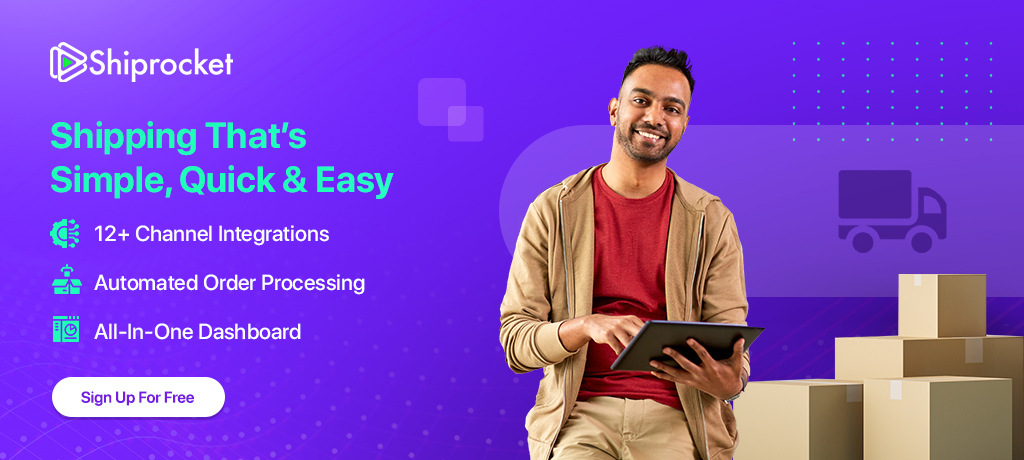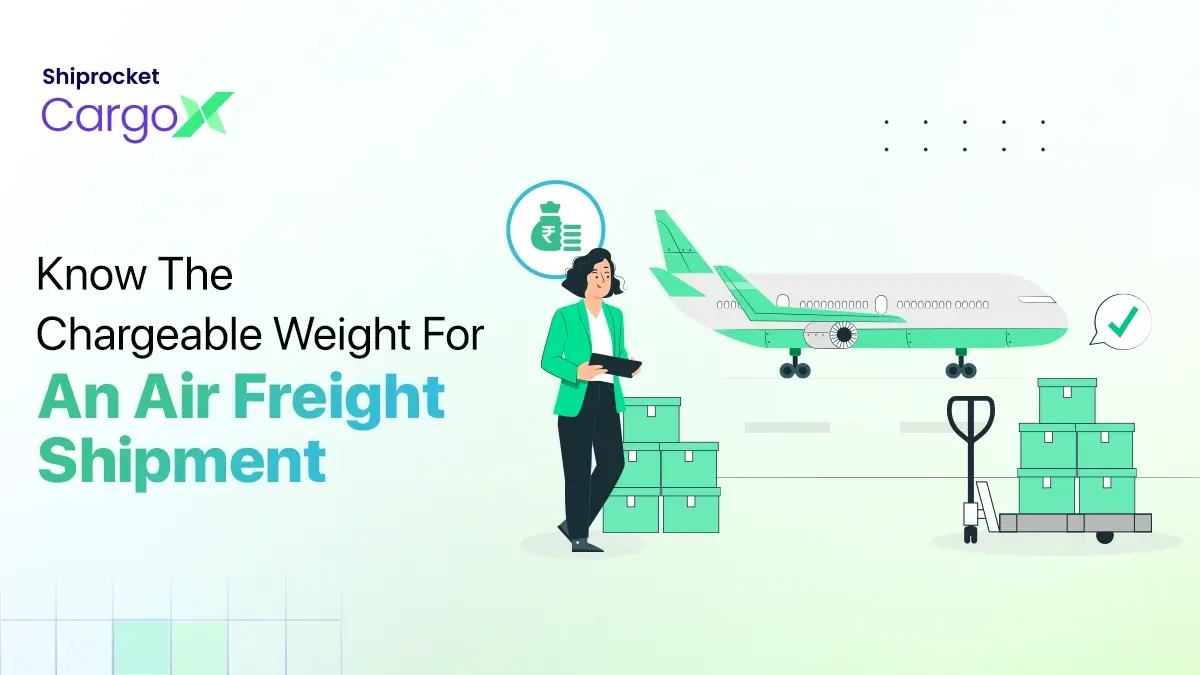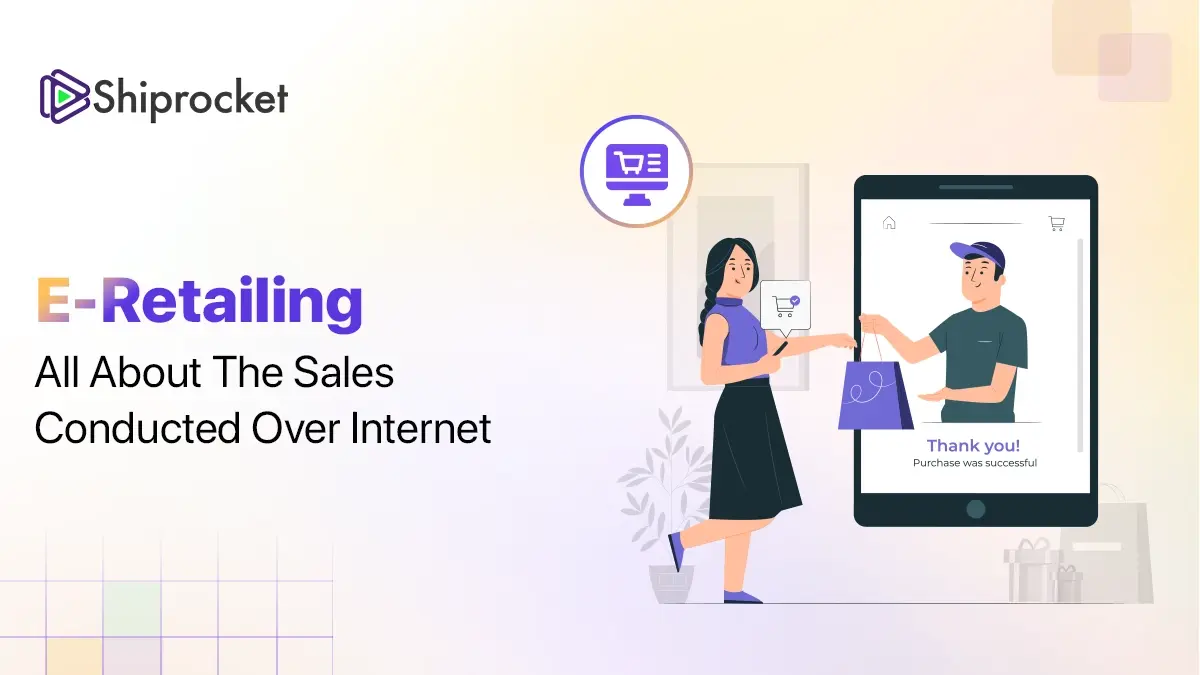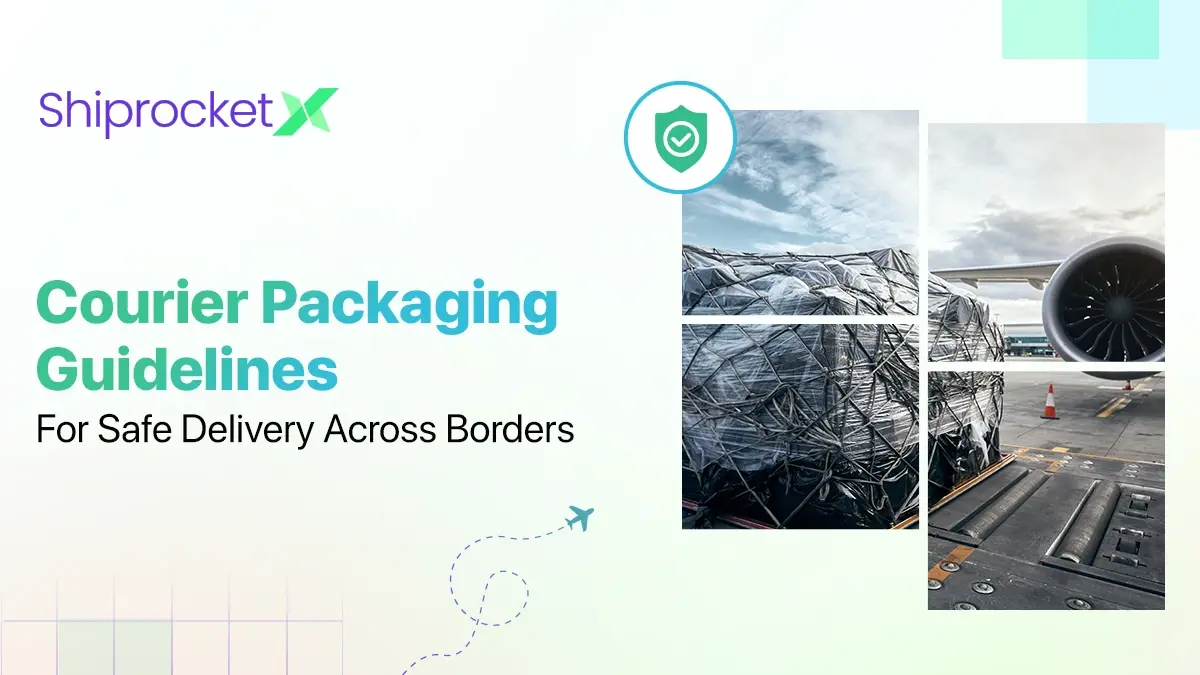Logistics Centers: A Dynamic Shift for Your Business Success
The market is constantly evolving, and all businesses need to embrace and adapt to the changes to stay relevant. In the field of supply chain management, new ideas are coming up every day. These are driven by the need to meet the surging demands brought about by the expansion of eCommerce platforms. All the processes and workflows must be optimised, and roadblocks must be addressed to meet customer needs. In this blog, we talk in detail about the role that logistics centers play in optimising the supply chain and shaping the success of any business. Whether it is optimising inventory strategies or streamlining order fulfillment, let’s explore how these logistics centers improve your operations to give you a competitive edge in the market.
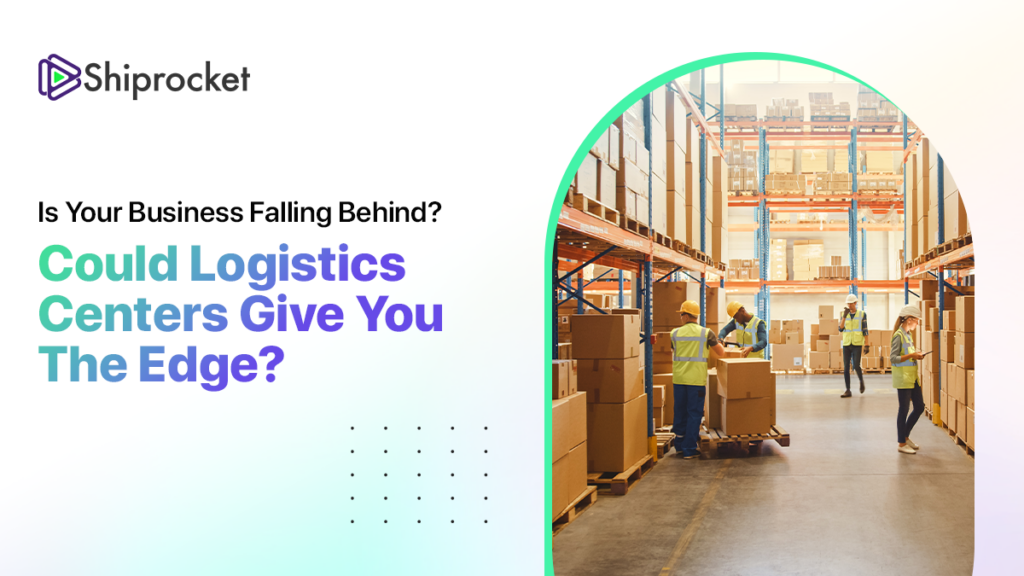
Understanding Logistics Centers: Key Players in the Supply Chain
Services that offer large amounts of storage space or simply warehouse facilities along with logistic services are known as logistic centers. Logistic centers generally offer more than one location within the same network. It is a method of diversifying your inventory and ensuring there are no barricades between your manufacturing processes. It also allows online businesses to distribute inventory strategically to different locations. The idea is to help the business streamline its packing and dispatch processes.
Although the above concept is generalised, some logistic service companies are limited. For example, some logistic centers especially focus on transportation, whereas others focus on storage and inventory management.
Types of Logistics Centers and Facilities
Every logistic center is different, with some offering more services than others. Their management defines each of their capabilities and thus is unique. Their services can vary from warehouse and inventory services to complete on-time order fulfillment.
Understanding the needs of your business can help you make decisions regarding the type of logistic facilities you require. Many services only offer warehouse and inventory storage, while others are masters of logistic automation. They can help you move good efficiently, quickly, and precisely throughout the fulfillment lifecycle.
Types of logistic centers include the following:
- Fulfillment Centers
These are generally operated and managed by third-party logistics providers. They are physical locations that store your inventory and complete the orders on behalf of your enterprise. Fulfillment centers are mainly streamlined to complete your orders by keeping all logistic-relevant costs low but ensuring quick and efficient delivery.
These centers are often managed by 3PL software that allows the organisation to connect with their store using the software. It allows orders placed through other channels to be automatically sent to the nearest fulfillment center to be picked, packed, and dispatched as fast as possible. Storing your inventory in such centers with the help of a 3PL partner makes it easier for you to manage your inventory and meet customer demands on time while spending less money.
- Distribution Centers
The term ‘distribution center’ is often interchangeably used to refer to a fulfillment center. Most distribution centers do not offer fulfillment services to eCommerce websites. Only 3PL partners can split and divide their inventory across several locations within the same network to provide this service. It is a more efficient and time-saving method of distribution and order fulfillment.
The distribution centers often act like transit hubs for completed goods that must be moved down the supply chain. Thus, many retailers use it as a means of internal transfers. Often, goods are sent to distribution centers to be transferred to another method of transportation to quickly reach the final destination.
Read More: Benefits of 3PL Distribution Centers
- On-demand Warehousing
On-demand warehousing solutions offer an enterprise the ability to simply store and complete orders by a third-party agent. This can be done on a short-term basis with the help of warehouses that have additional space. It implies that the warehouse is a middle agent matching supply with demand during the order completion. The major advantage of such warehouses is that your enterprise does not need to commit long-term with the third-party provider.
However, it is vital to understand that such warehouses lack the consistency and oversight of operations putting your supply chain at a greater risk. If your business is getting bigger and you want better control over how things work, it’s smart to pick a 3PL that’s growing like you.
- Dark Stores
A dark store is a type of fulfilment centres (micro or mega) which does not have a store front but is used as a warehouse to deliver from. The layout of such stores is completely streamlined and organised to improve and complete retail fulfillment orders. These orders are generally local orders to serve nearby communities. Despite the name, dark stores are not open to in-store shoppers but act as a space to hold inventory to complete online orders.
As they tend to serve local nearby communities, they also offer home-pickup and delivery services, making it easy for local consumers to place orders. Dark stores are generally best suited for retailers that rely on selling products at a physical store but also want to expand into the online world. Dark stores allow them to run their online operations efficiently and precisely.
Leveraging Logistics Centers for eCommerce Success
The integral benefit of eCommerce is that you do not need to invest in expensive retail physical spaces or storefronts. It allows you to make sales at any time. However, you must have the right inventory and other necessities to complete your orders as efficiently as possible. Logistic centers play a critical role in eCommerce as they predict how you will store your inventory and how quickly you can deliver to your customers. It shall also present your customers with different delivery and shipping options.
The most notable difference between a warehouse and a logistics center is that they offer fulfillment solutions. Those centers operated by a 3PL service provider go much further than simply fulfillment process and warehouse management to help optimise and streamline the supply chain. Such types of logistics centers provide both inbound and outbound logistics with their expertise. They also dabble in warehouse receiving and automated shipping.
The eCommerce logistic solutions present a more customer-focused approach, like packing orders focusing on the customer’s unboxing experience and return management. Logistic centers often provide dedicated support to infrastructure, technology, and data management to save time and money in the future.
Shiprocket: A Leading Logistics Service Provider
Shiprocket is a leading logistics service provider that’s trusted by thousands of eCommerce businesses across the country. Shiprocket helps you optimise your shipping process, enhancing your customers’ shopping experiences.
Some numbers that speak of Shiprocket’s success:
- Trusted by over 2.5 lakh merchants across the country
- 20 crore transactions every year
- 25 crore shipments delivered
With Shiprocket, you can elevate your shipping journey at every touchpoint. As a logistics service provider, Shiprocket offers a range of services, including domestic shipping, international shipping, B2B shipping and hyperlocal delivery. It also offers B2C fulfillment and omnichannel enablement. With its network spread across 24000+ pin codes, Shiprocket is the go-to solution for all your logistics requirements.
Conclusion:
The process involved in the logistics operations can be extremely tedious and overwhelming for any retailer to manage completely by themselves. It involves tedious processes like coordination with the transportation agents, suppliers, vendors, consumers, fulfillment staff, etc., making it a full-time job that most eCommerce retailers lack the bandwidth or ability to manage. With companies like Shiprocket, any retailer can forget these tedious processes and leave it to the experts to handle the logistics and fulfillment of orders.
Yes, logistics centers are different from warehouses. A warehouse primarily focuses on storing goods until its time for distribution. Logistics centers are more proactive and take care of the entire process, from storing, packaging, and labelling to the distribution of goods to customers.
Depending on its infrastructure, a logistics center can handle a wide range of products. These include consumer goods, industrial goods, perishable items, electronic products, chemical and hazardous products, building materials, medical and pharmaceutical products, apparel, agricultural products, furniture, and more.
No, logistics centers are not only for large businesses. Though large businesses might have the resources to build their logistics centers, small and medium-sized businesses can also benefit from logistics centers.


